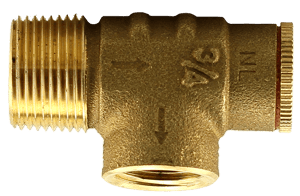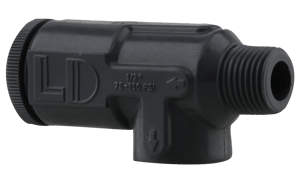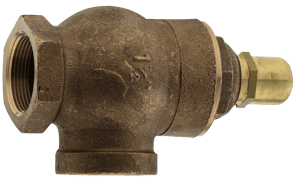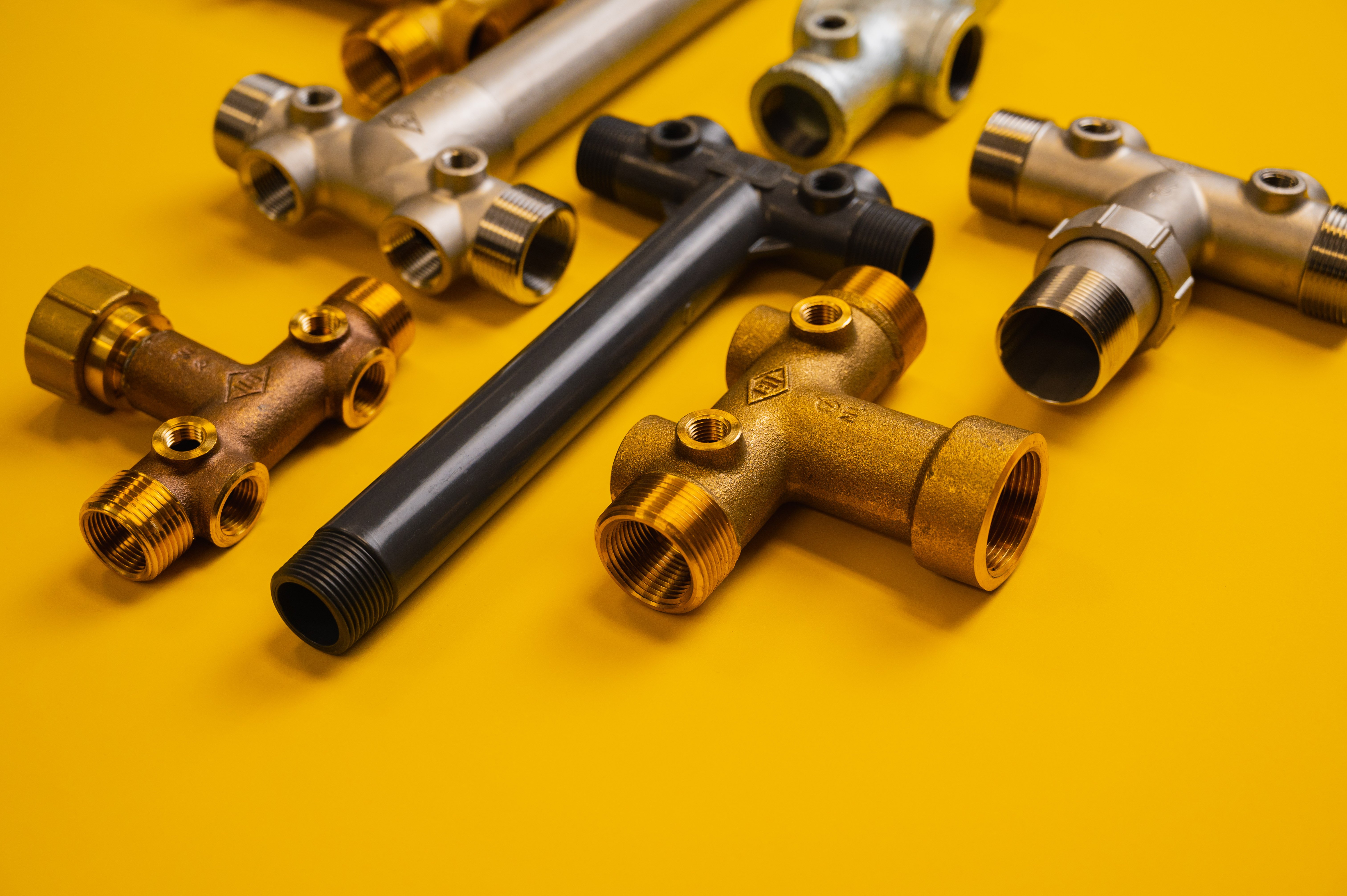Relief valves are a strong and mighty product. They normally hide in the background, but when it's their time to shine, they tend to steal the show. They are designed to help protect pressure tanks from too much pressure build up. So, why should you install one?
In this blog, we will cover three reasons we believe you should install a relief valve and go over what a relief valve is and it's main purpose. Let's get started.
1. They save time
Time is important to us all. We don't want to be wasting time on lengthy installation processes when we could be hanging out with friends or family. Relief valves are easy to install, saving you time.
A relief valve is a safety device that prevents pressure from exceeding it's maximum allowable working pressure. A Relief valve protects the pump or piping from any blockages in the line. Blockages could be caused by an accidental closing of a shut off valve. If a relief valve is not installed and the pressure inside the pressure tank goes higher than the capacity, there will be severe system failures.
 An important part of the installation process is to ensure you have properly ran the drain pipe to an open floor drain or another safe area that can handle the pumps capacity. Relief valves should never be capped or plugged, there always needs to be somewhere for the excess water to drain. The drain pipe should also be downward from the valve. As seen in the picture, there are arrows that should be followed during installation to ensure the relief valve is properly positioned.
An important part of the installation process is to ensure you have properly ran the drain pipe to an open floor drain or another safe area that can handle the pumps capacity. Relief valves should never be capped or plugged, there always needs to be somewhere for the excess water to drain. The drain pipe should also be downward from the valve. As seen in the picture, there are arrows that should be followed during installation to ensure the relief valve is properly positioned.
Relief valves will begin to open when a certain amount of pressure starts building up. Once the pressure is at a specific level, the relief valve will kick in and will release the overflow of pressure, essentially saving your pressure tank from exploding. What a relief.
2. They are economical
Saving money may be important, but it is also important to have quality products that you can rely on. Relief valves can be found in Stainless Steel, Brass and PVC, ensuring that there is a relief valve for  every application. Relief valves have a low initial cost and can save you quite a bit of money down the road.
every application. Relief valves have a low initial cost and can save you quite a bit of money down the road.
Selecting a pressure relief valve that can maintain a maximum pressure below the system's design pressure is important. You can determine this by finding out the maximum pressure rating of the pressure tank. This is crucial because the relief valves job is to handle the extra pressure if the pressure inside the tank exceeds the amount it is able to handle. If the relief valves capabilities are higher than the tanks capabilities then the tank would burst before the relief valve was able to do it's job. Relief valves should be installed as close to the tank as possible and installed on the cold water line. Relief valves don't have a lot of applications, but where they are used they serve an important purpose.
3. They provide additional safety
Safety is something that is important to a lot of us. We think about safety all the time and are constantly thinking of new ways to make things safer. Relief valves are required to protect the system in an emergency, ensuring that the water can be safely drained. They are installed for protection and piece of mind.
 Relief valves are available already set at specific Pounds per Square Inch (PSI). Field adjustments are not recommended but if they are required, in order to ensure safety, a test must be done to verify that the changed settings will still allow pressure to be relieved to the capacity of the entire system. If this is not done, it could cause serious damage to the system and to individuals. Relief valves hopefully never have to be used, but why take the risk? If safety is your main concern then installing a relief valve is a no brainer.
Relief valves are available already set at specific Pounds per Square Inch (PSI). Field adjustments are not recommended but if they are required, in order to ensure safety, a test must be done to verify that the changed settings will still allow pressure to be relieved to the capacity of the entire system. If this is not done, it could cause serious damage to the system and to individuals. Relief valves hopefully never have to be used, but why take the risk? If safety is your main concern then installing a relief valve is a no brainer.
In Summary:
Relief valves are a simple product that can be a real lifesaver when installed. If you have a pressure tank, it may be a good idea to get a relief valve that will work best for you and your application. Being educated about products that are designed to help you can ultimately save you time, will save you money in the long run and will protect you and keep everyone safe.
Have further questions about this subject?

Head over to Boshart's Knowledge Base: technical product information, guidelines, and more.


![[Video] 3 Reasons to Install a Relief Valve](https://blog.boshart.com/hubfs/45.jpg)


SHARE